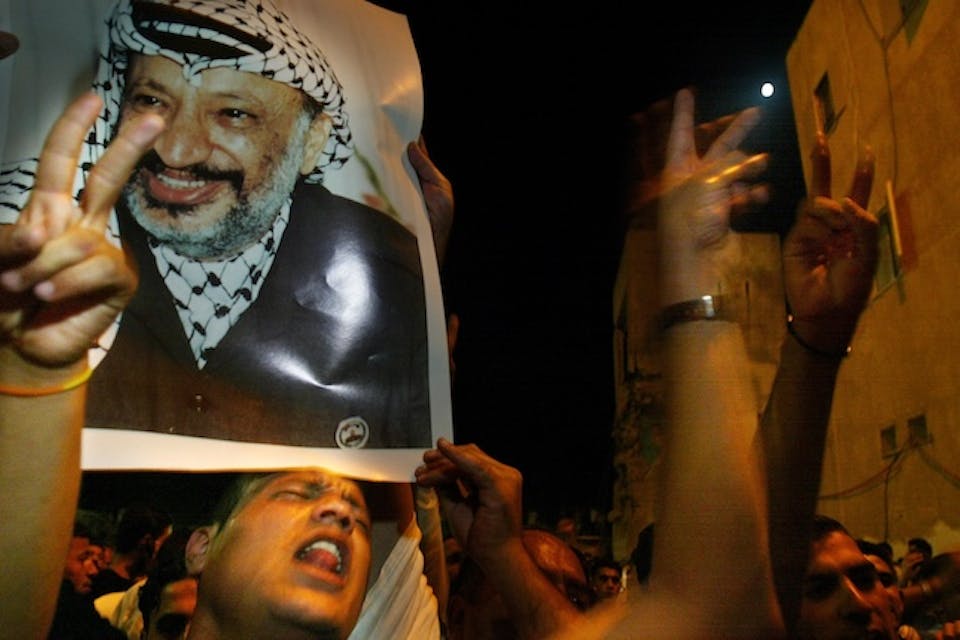
August 12, 2025
We Will No Longer Tolerate 'Pay for Slay'
A judicial victory against the Palestinian Authority signals a return to moral wisdom in American government.
In 2002, Benjamin Blustein was an American student from New Jersey, studying for a semester at the Hebrew University in Jerusalem. As he began lunch in the school’s Frank Sinatra Cafeteria, a Hamas-planted bomb blew up, ending his life instantly. He had planned to fly home later that day. Blustein was one of several Americans murdered in that attack and one of many Americans murdered by Palestinian terrorists over the past 20 years. Several of his murderers sit in Israeli prison—and are to this day given a stipend as reward by the Palestinian Authority (PA). The families of Palestinian “martyrs,” suicide bombers, receive similar sustenance.
It was more than two decades later, this past June, that the Supreme Court addressed the legal rights of Blustein’s relatives and those of others. The case is technical, focusing on matters abstruse and abstract, but if we pay close attention, we will discover that the jurisprudential debate also makes manifest larger questions relating to American foreign policy, mistakes made over the past years—and the new attitude that must be adopted.
The case, Fuld et al. v. PLO et al., concerns the policy of the Palestinian Authority that is known as “pay for slay,” through which the PA continues to bestow financial rewards on terrorists and their families, thereby incentivizing terrorist acts. Families of murdered Americans like Benjamin Blustein sued the Palestinian Authority for damages. They relied on the 1990 Anti-Terrorism Act, which allows for verdicts bestowing triple damages to those hurt by international terror. They, in turn, were constantly rebuffed by the courts, which insisted that U.S. law had no jurisdiction over the Palestinian Authority.